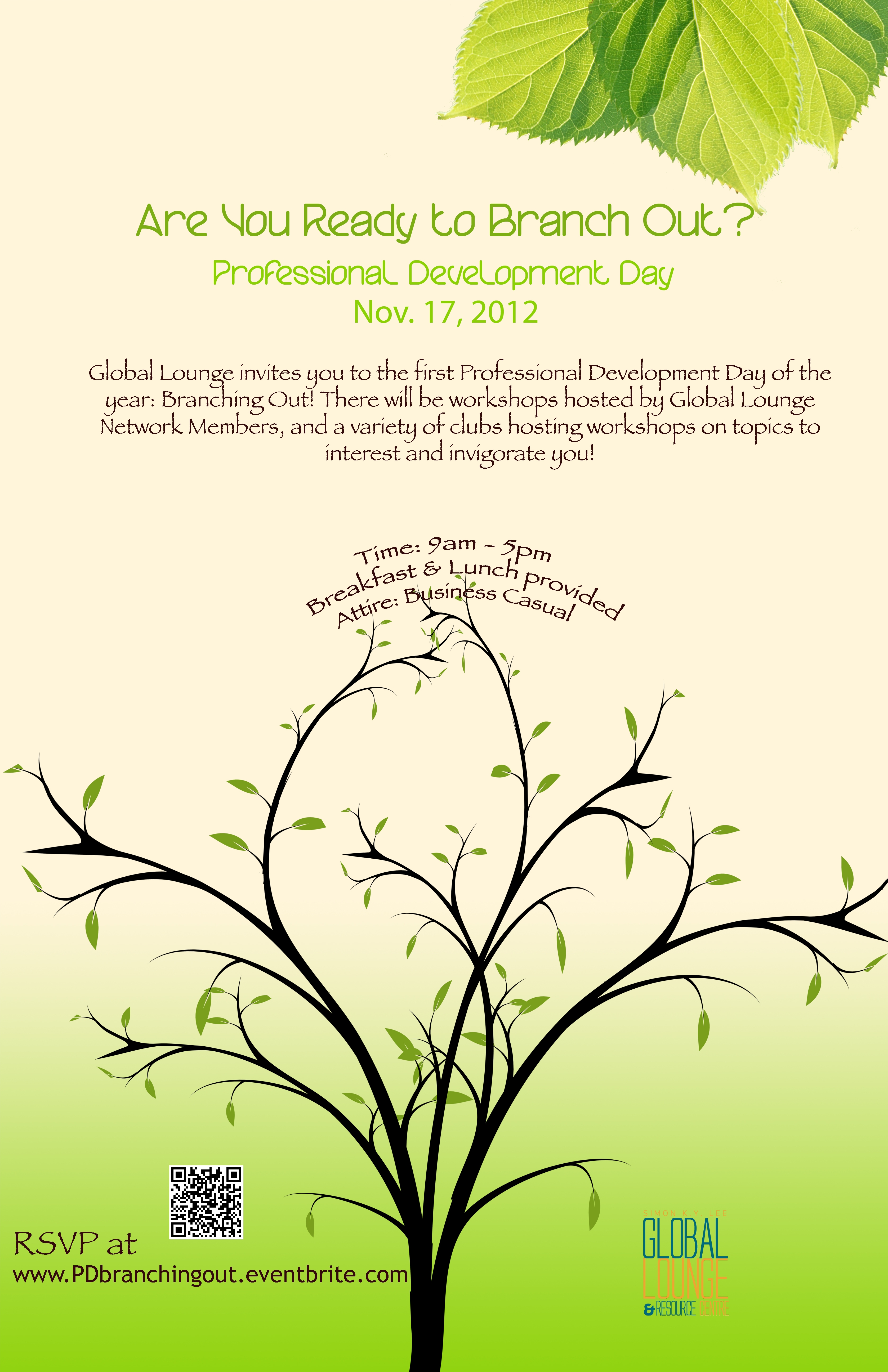Sleep Time
By: Caitlin Funk, Senior Advisor in Fairview Crescent
Mental wellness starts with you – your decisions, your promises. A good place to start improving your mental wellness is to make sure you get a good night sleep. You might think that there just aren’t enough hours in the day for that to happen. Without a good night’s rest, you run the risk of performing poorly on exams, feeling anxious or sad or worried, and lowering your immune response which leaves you prone to illness. On the other hand, getting enough quality sleep will improve your ability to remember and retain new information. Sleeping the whole night improves your ability to learn; reason enough for students to prioritize quality sleep! Nearly 30% of UBC undergraduates have reported that sleep difficulties interfered with their academic performance in a previous year. Its time to change that statistic: getting enough sleep is good for your brain! If you are having trouble sleeping because you can’t fit everything in, try checking how you manage your time.
You might want to:
- track (and re-evaluate) how you are actually spending your time
- look carefully at your term and weekly schedules, to see where there are lulls and crunches
- start studying strategically. (For help, check out the online resources from UBC Learning Commons.)
If you’re having trouble getting to sleep, reflect, and see what you can do, such as:
- avoid caffeine, alcohol, and smoking
- do not exercise within two hours of bedtime
- stick to the same bedtime routine every night.

